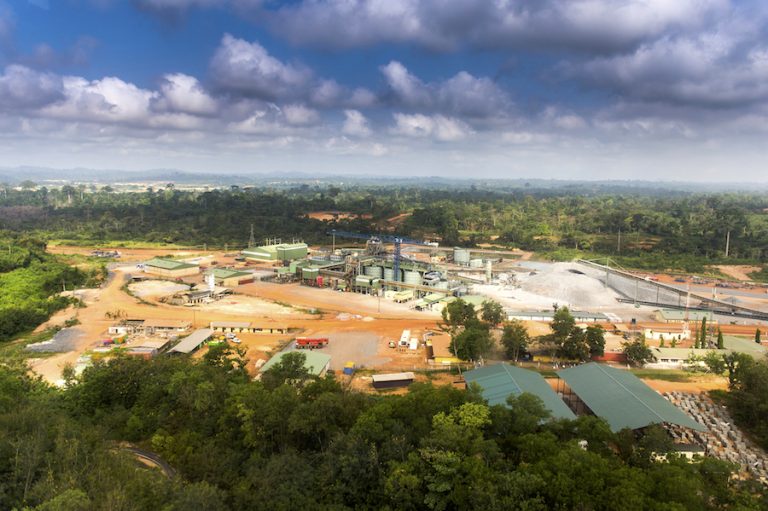Ghanaian Lands and Natural Resources Minister Emmanuel Armah Kofi Buah said the changes, which include scrapping automatic renewal of some licences – will apply only to future contracts, a departure from the stance in Mali and Burkina Faso where military-led governments have applied reforms retroactively,
“In Ghana, we don’t do retrospective laws,” Buah said at a presentation in the capital, Accra. “Existing agreements are sanctified and will be respected.”
He added that the overhaul of the Minerals and Mining Act and mining policy was 85% complete following extensive stakeholder consultations.
DEVELOPMENT REQUIREMENT
Under the proposed law changes, prospecting licences would no longer be held indefinitely, and the maximum term for mining leases would be reduced from 30 years to a shorter period agreed by the government and firms. Companies failing to meet environmental, social or production obligations would lose the right to automatic license renewal.
In a major shift, the government plans to abolish development agreements, in which companies send money to the central government.
Instead, companies will be required to sign agreements committing a fixed percentage of gross mineral sales revenue to fund local development projects as the government seeks to address long-standing grievances from communities that they have seen little benefit from mining operations.
The reforms also propose a three-tier mineral rights regime, introducing a new medium-scale license category to bridge the gap between large multinational operators and small-scale artisanal miners.

